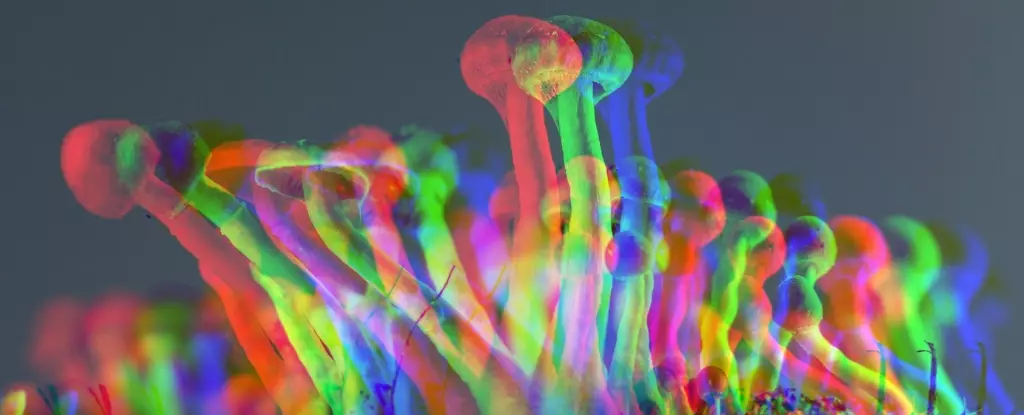For decades, scientific efforts to combat aging have primarily emphasized genetics, lifestyle, and pharmaceuticals targeting cellular decline. However, recent groundbreaking studies hint at a startling possibility: a naturally occurring psychedelic compound, psilocybin, could be a key player in extending human lifespan and enhancing quality of life during old age. Traditionally scrutinized for its profound mental health benefits—treating depression, anxiety, and neurological disorders—this compound now shows potential to influence biological aging at a fundamental level. This shift challenges our understanding of psychedelics, urging us to consider their broader applications beyond psychological therapy.
Empirical Evidence Promises a New Frontier
The recent experiments by researchers at Emory University and Baylor College of Medicine mark a pivotal moment in aging science. In cell cultures, psilocybin administration resulted in dramatically increased longevity, with treated human fibroblasts surviving over 50% longer before entering senescence—a state where cells cease to divide and contribute to aging. Remarkably, similar positive outcomes were observed in live mouse models; animals receiving regular psilocybin doses exhibited mortality rates significantly lower than untreated counterparts, with 80% survival after ten months versus 50%. These findings suggest that psilocybin may act as a catalyst for cellular resilience and systemic health, potentially translating into extended healthy lifespans in humans.
Challenging the Limitations of Current Aging Strategies
While mainstream anti-aging strategies predominantly focus on caloric restriction, antioxidants, and gene editing, they often fall short of addressing the underlying biological clocks that drive aging. The implications of psilocybin’s effects are profound, as they hint at a pharmacological approach capable of modifying aging at a cellular level. Even more intriguing, subtle clues—such as improved fur quality and fewer signs of age-related hair whitening in mice—suggest that psilocybin may foster a more youthful physiology. This presents a tantalizing vision: a compound that not only extends lifespan but also enhances the vitality and independence of older adults.
Potential for Human Application and Ethical Considerations
The prospect of using psilocybin for aging raises important questions about feasibility and ethics. The researchers propose that, with careful dosing, psilocybin could be safely integrated into therapies for older populations, potentially delaying age-related decline and increasing healthspan. However, the psychoactive nature of the drug necessitates rigorous clinical trials to determine optimal doses, safety, and long-term effects. Ethical debates also emerge regarding accessibility, consent, and societal impacts. Still, the possibility of transforming aging from an inevitable decline into a more manageable phase of life is compelling—one that could redefine human longevity and quality of life in the coming decades.
Despite the preliminary nature of these studies, their implications are profound. Psilocybin may soon transcend its status as a psychedelic controversial in some circles, emerging as an integral tool in the quest for a longer, healthier, and more vibrant life.


Leave a Reply